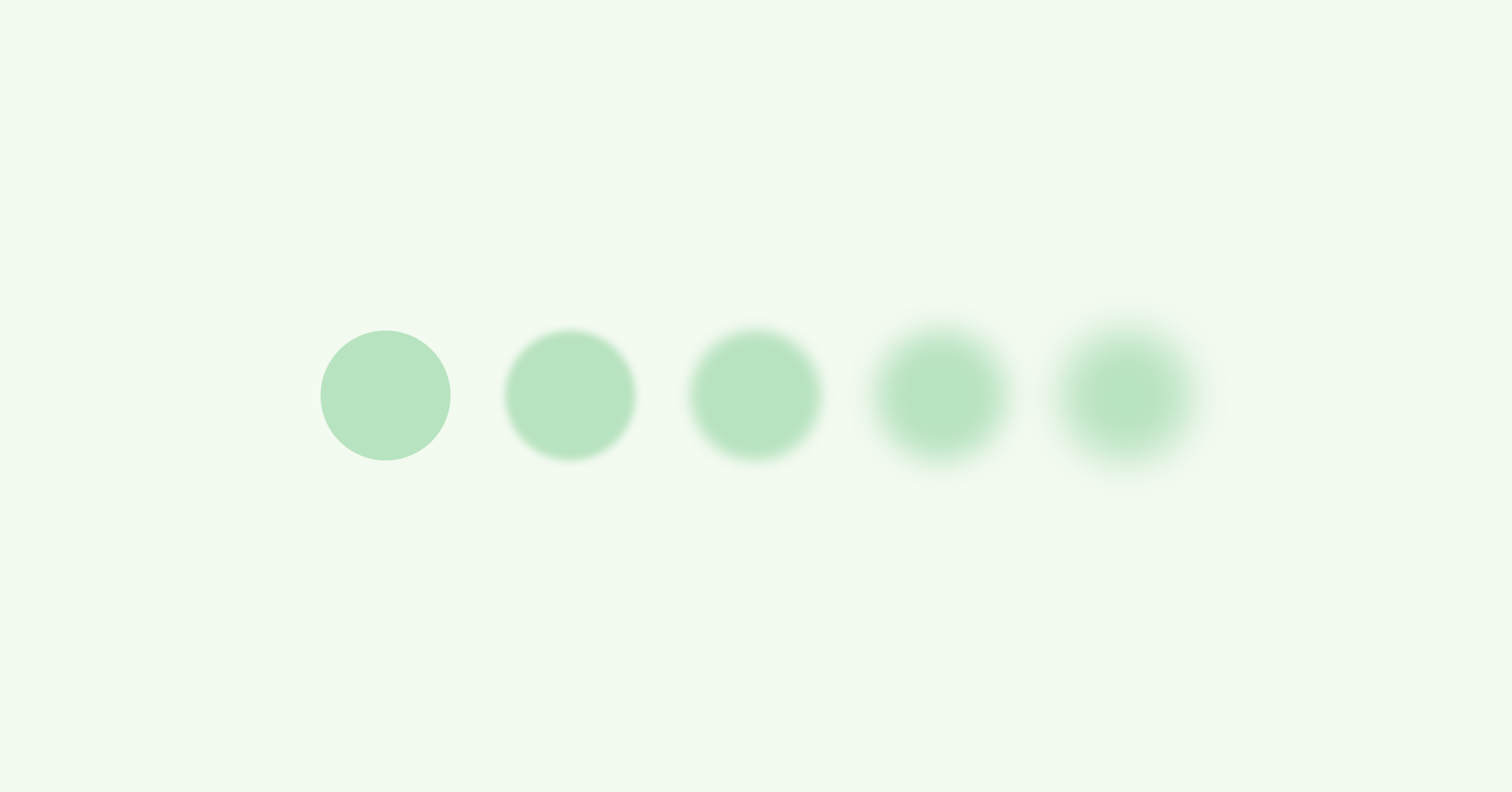Rula works with exceptional licensed therapists from all backgrounds. In this Therapist Spotlight, we chatted with Amy Mikulski, LCSW.
She tells us about transitioning to private practice full-time, how telehealth supports her work/life balance, and how working with Rula helps her be more present with her clients.
How did you decide to become a therapist?
I had undiagnosed anxiety in high school. When I finally connected with a therapist and was able to put words to my experience, it changed my life. From there, becoming a therapist just felt like the thing I was meant to do.
People are deeply important to me, and I believe everyone deserves to live a life that’s meaningful to them. Therapy is a powerful tool for exploring and integrating what’s truly meaningful to each of us. It’s improved my life tremendously, and it’s a gift to share it with others.
The care you need, when you need it
Learn how Rula can support your mental health journey
Tell us about your career journey. What led you to Rula?
I got my undergraduate degree in psychology and envisioned myself working in the eating disorder space. I ended up pivoting into social work, which turned out to be a fantastic fit.
I read about Rula on a job board and decided to give it a try. Rula made it possible for me not only to get started in private practice but actually to jump into private practice full-time. The timing was really serendipitous.
How was the process of getting set up with Rula?
It was super smooth. Rula helped me get insurance paneled, get my NPI, and trained me on how to use their telehealth platform.
I’ve been practicing therapy for years, but the business aspect of running a private practice is all brand new to me. So to have Rula helping me get through all the hoops made it stress-free. Rula guided me through the pieces that I had never done before. And whenever I had questions, the team was incredibly supportive.
How has Rula supported you in transitioning to private practice?
Before I joined Rula, I expected that private practice would feel really isolating. But with Rula, I truly don’t feel alone. And that was a huge, meaningful surprise that came out of joining. Rula is the best of both worlds: there’s tons of support, but I’ve also been able to maintain autonomy and accountability for my practice.
We know that therapist burnout is real, and that isolation contributes to burnout. With Rula, I don’t feel like I’m on an island — I feel like I’m part of a team. And that’s one of the reasons I plan to be with Rula for a very long time.
There are a lot of places I could be providing therapy, but Rula has shown consistently that it takes care of both clients and providers at a higher level. I mean… I’m less than a year in and I’m so happy with how it’s going. I never thought my first year in private practice would be this good. And I’m saying that as someone who’s worked in community mental health, healthcare, and across multiple mental health platforms.
What’s been your experience with Rula’s client matching process?
Rula’s client matching process has been great from the start. I was lined up with awesome clients who are a great fit for my practice. It’s been wonderful to see the progress they’ve made in our time together.
Having a great therapist-client fit is a huge part of what makes therapy work. You have to have that bond. It’s critical. And, the match has to work both ways.
How has Rula helped alleviate the burden of administrative tasks?
Not only do I have more actual time in my day without the admin load, but I’m also more present in my sessions when I don’t have to worry about things like billing, tech issues, or scheduling. Establishing a therapeutic alliance with my clients is the work that matters most to me. Being fully present in my sessions is crucial.
And on top of that, I can actually see more clients because I don’t have to worry about the back-end stuff. If there’s an issue, I trust that Rula will let me know. I’m not completely out here on my own. I’m a part of the Rula network.
What does your weekly schedule look like with Rula?
Right now, I’m mostly seeing clients in the early afternoon and evenings. I have a few folks who are on a set schedule, and a few others who need more flexibility because of their working hours. The fact that Rula is telehealth helps me work clients into my schedule beautifully.
I’ve really enjoyed the work-life balance with Rula. I set my hours, then clients choose their appointments within my available windows. That allows me to do things like take my dog for walks every single day, pause and drink some coffee or read a book, and take time to reset.
What advice would you give to other therapists who are considering making the leap to private practice?
Definitely don’t do it alone! I say this because the work we do as therapists really matters. So for the sake of your own mental health and also for your clients, it’s a good idea to have a resource like Rula on your side. Or to connect with people who have done it before to get their advice.
Another thing I’d say is that you probably won’t ever feel totally ready. I’d been considering it for a long time, but I was scared to make the jump. You have to trust that you’ll learn as you go.
Also, as a therapist, it’s essential to know your strengths and to be clear on your values when making the transition. I’ve always felt like as long as I’m doing solid work with my clients, everything else will fall into place.
Find therapists near you
New York, NY – Houston, TX – Rancho Cucamonga, CA – Austin, TX – Chicago, IL – Los Angeles, CA – Columbus, OH – Portland, OR – Dallas, TX – Jacksonville, FL – Charlotte, NC – Denver, CO – Huntsville, AL – Philadelphia, PA – Seattle, WA – Find your city
Rula's editorial process
Rula's editorial team is on a mission to make science-backed mental health insights accessible and practical for every person seeking to better understand or improve mental wellness.
Members of Rula’s clinical leadership team and other expert providers contribute to all published content, offering guidance on themes and insights based on their firsthand experience in the field. Every piece of content is thoroughly reviewed by a clinician before publishing.




